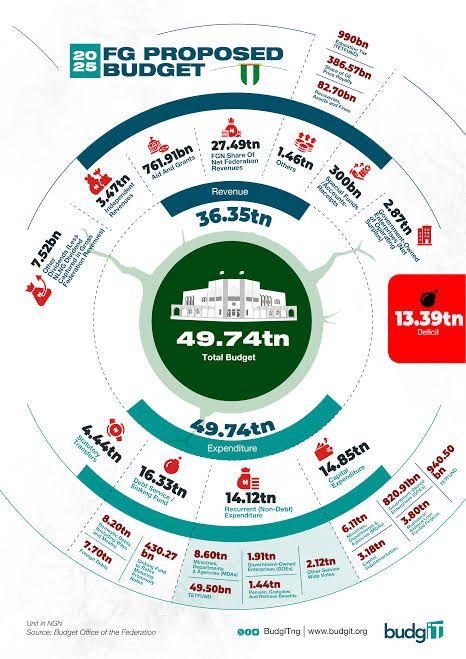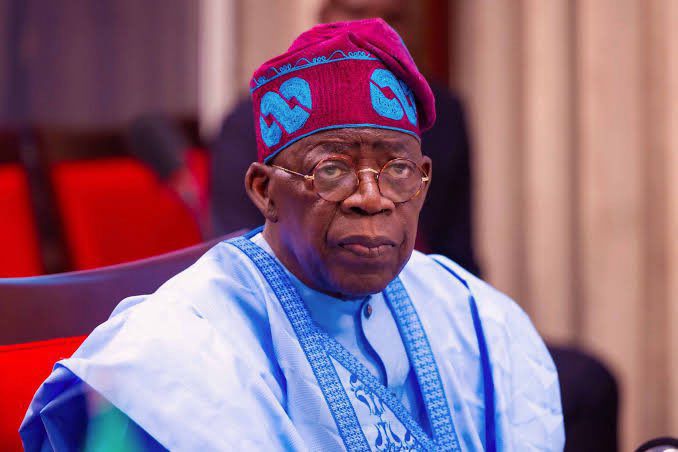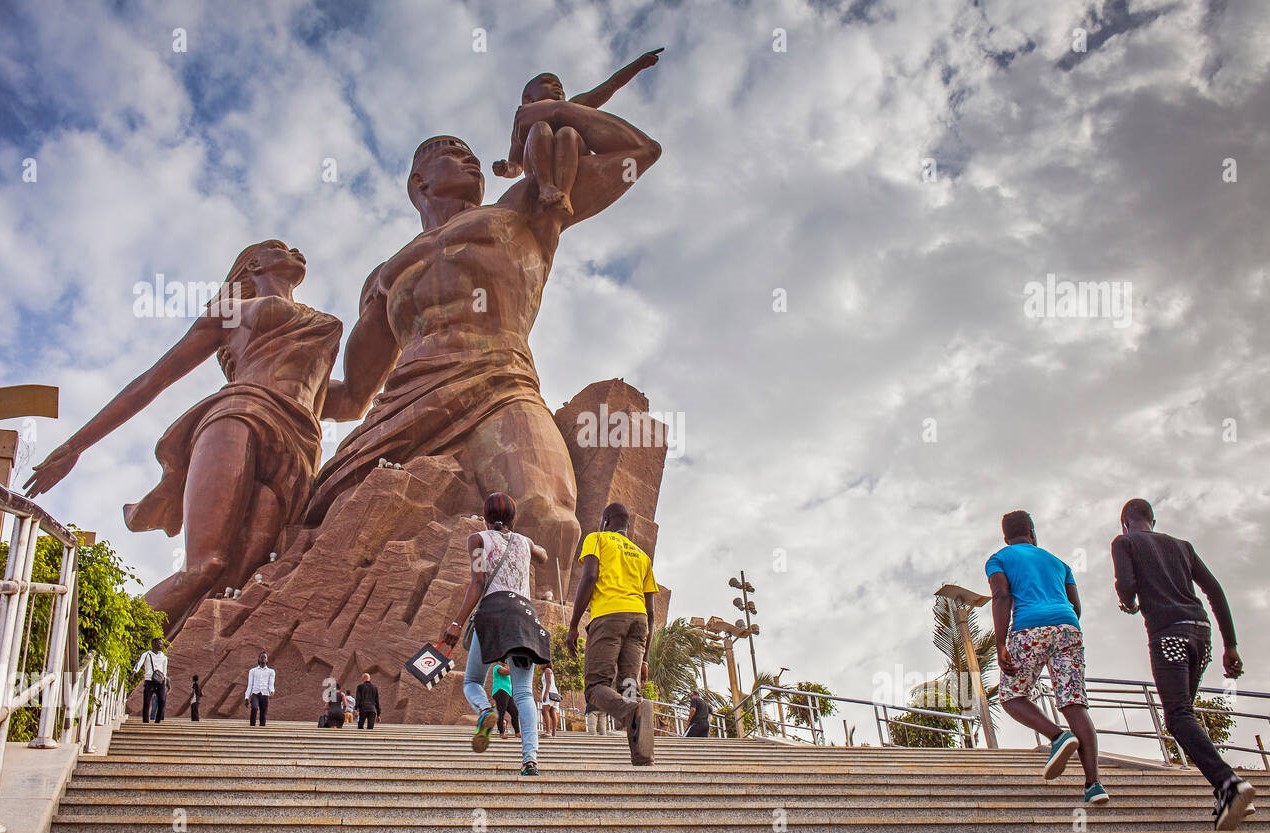List of Approved School Subjects by Federal Ministry of Education

List of Approved Subjects for the Newly Revised Basic and Senior Secondary Education
By Professor Salisu Shehu
The Federal Ministry of Education (FME), under its National Education Sector Reform Initiatives (NESRI), has announced the implementation of curriculum reform efforts designed to reposition Basic and Senior Secondary Education in Nigeria.
Pursuant to this mandate, the Federal Ministry of Education (FME) has released the authentic and approved list of subject offerings at the respective levels of education. This review was carefully undertaken to reduce overload, streamline contents, and reposition the curriculum to ensure positive learning outcomes for Nigerian learners.
It has, however, come to the notice of the Nigerian Educational Research and Development Council (NERDC) that different versions of fake and unauthenticated subject listings are being circulated, causing confusion and apprehension among stakeholders. For the avoidance of doubt, the following constitute the authentic and approved subject lists for Basic Education and Senior Secondary Education in Nigeria:
Primary 1–3
• English Studies
• Mathematics
• Nigerian Languages (one Nigerian language)
• Basic Science
• Physical & Health Education
• Christian Religious Studies (for Christian pupils only) / Islamic Studies (for Muslim pupils only)
• Nigerian History
• Social and Citizenship Studies
• Cultural & Creative Arts (CCA)
• Arabic Language (Optional)
Minimum of 9 and maximum of 10 subjects
Primary 4–6
• English Studies
• Mathematics
• Nigerian Languages (one Nigerian language)
• Basic Science and Technology
• Physical & Health Education
• Basic Digital Literacy
• Christian Religious Studies (for Christian pupils only) / Islamic Studies (for Muslim pupils only)
• Nigerian History
• Social and Citizenship Studies
• Cultural & Creative Arts (CCA)
• Pre-vocational Studies
• French (Optional)
• Arabic Language (Optional)
Minimum of 11 and maximum of 13 subjects
Junior Secondary School 1–3
• English Studies
• Mathematics
• Nigerian Languages (one Nigerian language)
• Intermediate Science
• Physical & Health Education
• Digital Technologies
• Christian Religious Studies (for Christian pupils only) / Islamic Studies (for Muslim pupils only)
• Nigerian History
• Social and Citizenship Studies
• Cultural & Creative Arts (CCA)
• Trade Subjects (students to choose one):
1. Solar Photovoltaic Installation and Maintenance
2. Fashion Design and Garment Making
3. Livestock Farming
4. Beauty and Cosmetology
5. Computer Hardware and GSM Repairs
6. Horticulture and Crop Production
• Business Studies
• French (Optional)
• Arabic Language (Optional)
Minimum of 12 subjects; maximum of 14 subjects
Senior Secondary Curriculum Offerings
Core and Compulsory Subjects
• English Language, General Mathematics, One Trade Subject, Citizenship and Heritage Studies, Digital Technologies
Science Subjects
• Biology, Chemistry, Physics, Agriculture, Further Mathematics, Physical Education, Health Education, Foods & Nutrition, Geography, Technical Drawing
Humanities
• Nigerian History, Government, Christian Religious Studies, Islamic Studies, One Nigerian Language, French, Arabic, Visual Arts, Music, Literature in English, Home Management, Catering Craft
Business Subjects
• Accounting, Commerce, Marketing, Economics
One Core Trade Subject (choose one)
1. Solar Photovoltaic Installation and Maintenance
2. Fashion Design and Garment Making
3. Livestock Farming
4. Beauty and Cosmetology
5. Computer Hardware and GSM Repairs
6. Horticulture and Crop Production
We therefore call on all stakeholders to disregard any fake and unauthenticated subject lists currently in circulation. These lists are at variance with the authentic and approved list provided above.
Nationwide sensitization and teacher capacity-building activities are scheduled to commence immediately to ensure effective implementation. Implementation will begin at the start of each 3-year education cycle (Primary 1, Primary 4, JSS1, and SS1) as the revised curricula are rolled out.
Professor Salisu Shehu is the Executive Secretary, NERDC









